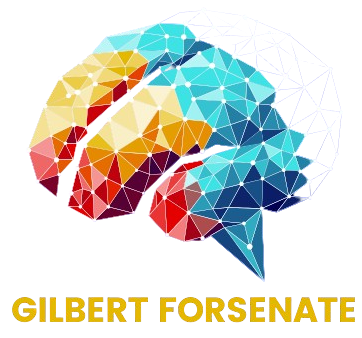Gaming has evolved from a simple recreational activity to a global cultural phenomenon that touches the lives of millions around the world. In this article, we delve into the multifaceted world of gaming, examining its diverse aspects, impact, and significance in contemporary society.
At its core, gaming offers an immersive and interactive experience that captivates players of all ages. From the early days of classic arcade games like Pac-Man and Space Invaders to the modern era of complex, narrative-driven adventures such as The Witcher 3 and Red Dead Redemption 2, gaming has continually pushed the boundaries of creativity and innovation. It provides a platform for storytelling, creativity, and exploration, allowing players to embark on epic quests, solve challenging puzzles, and experience virtual worlds beyond imagination.
Moreover, gaming has emerged as a social phenomenon, fostering connections and communities both online and offline. Online multiplayer games Bongvip enable players to collaborate, compete, and communicate with friends and strangers from around the globe, transcending geographical barriers and forging friendships in virtual environments. Gaming conventions, tournaments, and online forums serve as gathering grounds for enthusiasts to share their passion, exchange ideas, and celebrate their favorite games together.
Furthermore, gaming has become an integral part of popular culture, influencing not only entertainment but also fashion, music, and art. Iconic characters like Mario, Sonic the Hedgehog, and Lara Croft have become cultural icons, recognized and beloved by people of all ages. The rise of esports has turned professional gaming into a lucrative industry, with tournaments attracting millions of viewers and offering substantial prize pools to skilled players.
However, gaming also faces its share of challenges and criticisms. Concerns about gaming addiction, excessive screen time, and the potential negative effects of violent or inappropriate content have sparked debates and discussions about responsible gaming habits and parental supervision. Issues of representation and inclusivity within the gaming industry have prompted calls for greater diversity and inclusion in game development teams and game content, ensuring that all players feel represented and welcomed.
Looking ahead, the future of gaming is ripe with possibilities. Advancements in technology, such as virtual reality, augmented reality, and cloud gaming, promise to revolutionize the gaming experience, offering new levels of immersion, interactivity, and accessibility. The integration of gaming with other fields, such as education, healthcare, and business, opens up exciting opportunities for innovation and collaboration, paving the way for new forms of interactive entertainment and experiential learning.
In conclusion, gaming has evolved into a dynamic and multifaceted cultural phenomenon with significant implications for society. From its ability to entertain and connect people to its potential for social impact and economic growth, gaming continues to shape the way we play, learn, and interact with the world around us. As we navigate the ever-changing landscape of gaming, it’s essential to recognize its diverse aspects and embrace its potential for positive change and enrichment in our lives.

